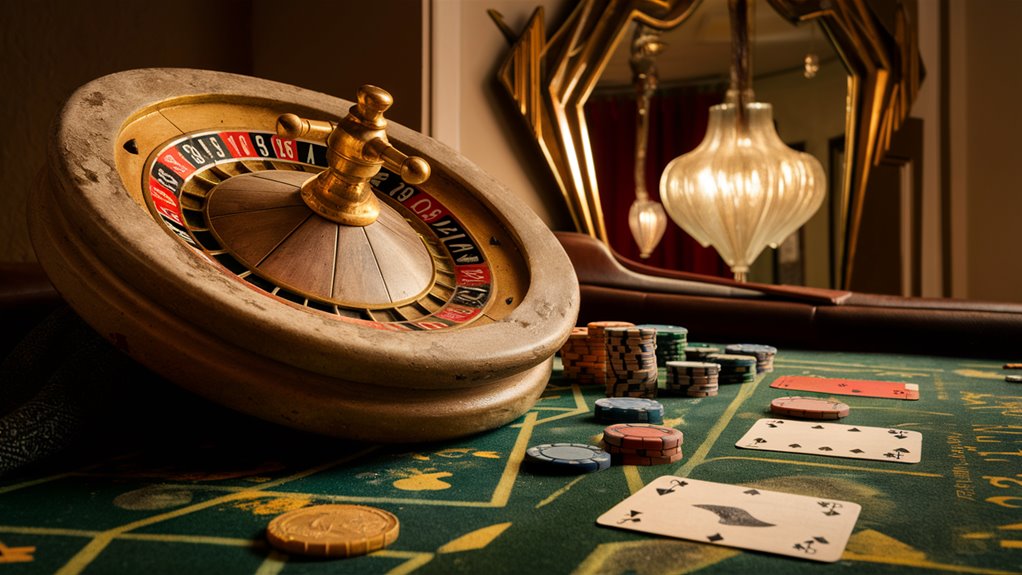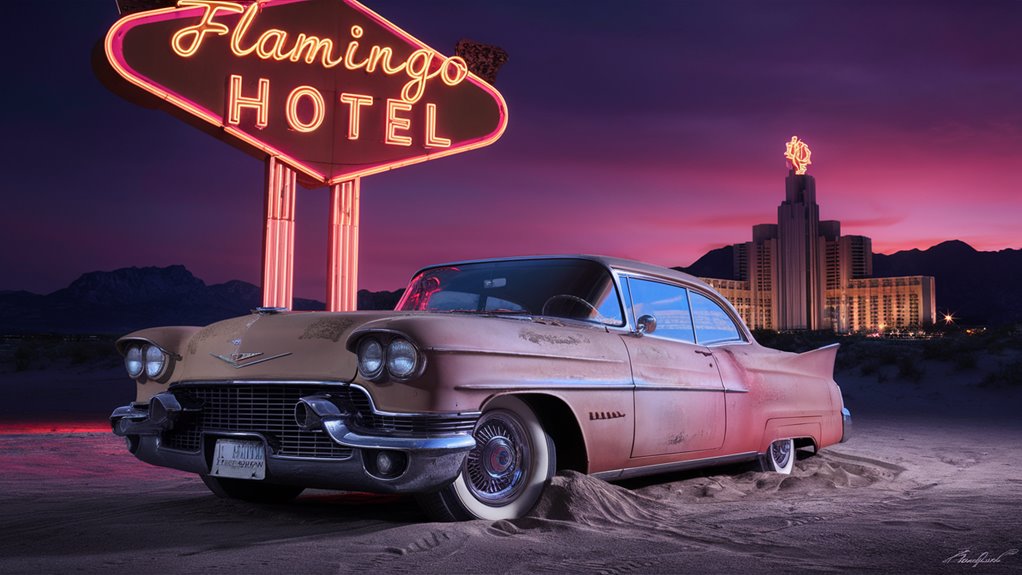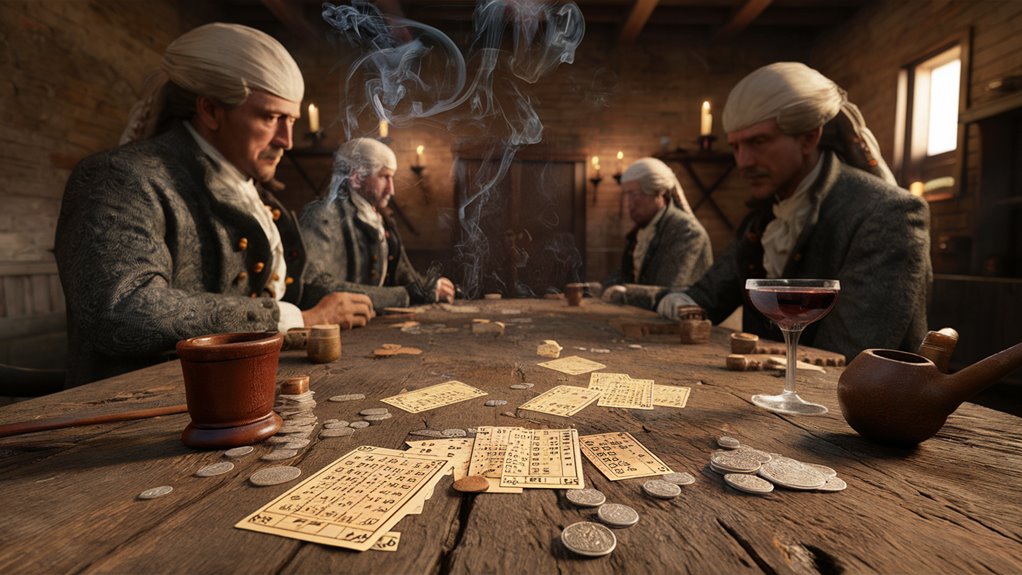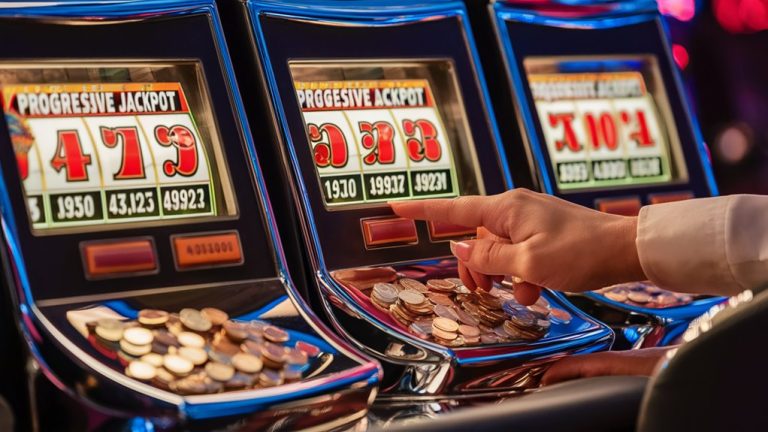
The Tale of Betting in America: From Then to Now

How Betting Started in Early America
Native American games laid the roots for betting in North America, mixing spirits and joy. When Europeans arrived, they brought their own betting customs, starting old lotteries to fund spots like Jamestown. These early betting times helped shape the money side of growing lands. Opus of Overdrive
Betting in the Wild West and River Days
The 1800s marked the peak of frontier betting, with saloons and game halls across western towns. Mississippi riverboats turned into floating casinos, and big names like Doc Holliday became famous for card games. These places saw many gather to win or lose big.
The Start of Modern Casino Gaming
In 1931, Nevada allowed casino betting, setting up Las Vegas to become the top betting city. The shift from mob-run joints to large corporate resorts transformed the scene, setting new highs for fun and stays.
The Digital Shift and Today in Betting
The digital boom of the 1990s took betting to today, with online methods and virtual bets. The current $93 billion industry spans old-school casinos, web gaming, and legal sports betting in over 30 states. This growth reflects major tech and social changes in American life.
Impact on American Culture
Betting’s reach goes beyond money, shaping fun, laws, and public views. From hidden bars to grand places, the industry keeps evolving, reflecting America’s mixed feelings about games and risks.
Old Betting and Lotteries in America
The Rise of Early Betting Customs

Early American betting was popular as both a group activity and a vital moneymaker. Chance games expanded in bars and homes, involving cards, dice, and animal matches. The early 1700s saw a shift toward official betting via large lottery schemes. Cascade Overture
Important Roles of Early Lotteries
The first American lottery in 1612 supported the Jamestown settlement in Virginia, introducing lottery funds in early America. Throughout the 18th century, older lotteries became more organized under government oversight. These systems funded major colleges like Harvard, Yale, and Princeton, as well as crucial public projects.
Funds and Public Development in Early Times
Funds from early gaming supported:
- Schools
- Roads
- Bridges
- Large public spaces
- Churches
- Military actions
These efforts established a lasting framework for public funds through regulated gaming, influencing early American development and public project growth.
Major Surge of Betting in the Wild West: An Old American Wave
The Rise of Betting in New Western Lands
The mid-1800s was a time of big change as frontier betting reshaped America’s great new lands. West betting customs spread beyond old territories, becoming a key part of life in the West where gold miners, cowboys, and newcomers sought both fortune and fun in new places. 상세 자료 비교해보기
Gold Rush and Betting Expansion
The Gold Rush in the 1840s and 1850s sparked a boom in betting halls in San Francisco and other mining towns. Professional gamblers followed the crowds, setting up saloons and game halls wherever gold seekers gathered. Prime games like faro, poker, and monte attracted people in these fresh settings.
Famous Betting Towns and Notable Figures
The 1870s marked the beginning of key betting towns like Deadwood, Dodge City, and Tombstone. The expansion of betting activities moved from simple card games in basic tents to large casinos built for that purpose. Famous names like Doc Holliday and Wyatt Earp played major roles as enforcers and protectors, adding to the iconic image of these western betting places.


